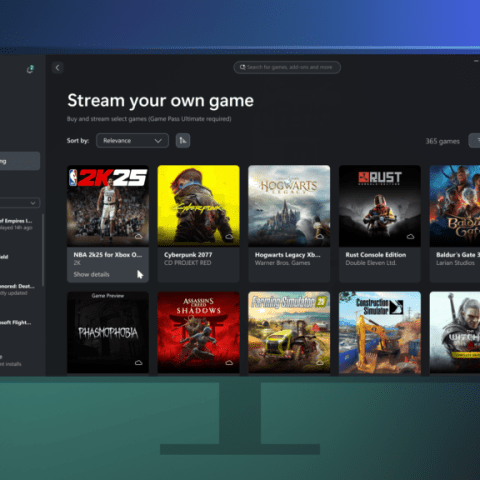OpenAI’s new app, Sora, is causing quite a stir online. It’s flooding platforms like TikTok and Instagram with AI-generated videos. While many find these videos entertaining, experts warn that the normalization of such content could challenge our understanding of reality. Digital safety professionals believe we are entering a critical phase where the line between real and fake is becoming increasingly blurred.
“It’s as if deepfakes got a publicist,” said Daisy Soderberg-Rivkin, a former trust and safety manager at TikTok. This shift may seem light-hearted, but it has serious implications for the future of how we perceive truth online. Aaron Rodericks from Bluesky highlighted the risks involved: “In a polarized world, it’s easier than ever to create misinformation targeting specific groups.” AI can now produce seemingly credible evidence, making it hard for many to discern fact from fiction.
In a recent survey from the Pew Research Center, 71% of Americans expressed concern over AI-generated misinformation. This reflects a growing fear that misinformation campaigns can manipulate public opinion effectively. With software like Sora, potentially hazardous content can spread quickly, raising red flags about safety protocols. OpenAI has included moderation features to tackle these issues, but many believe they might not hold up under pressure.
Experts are wrestling with the concept known as the “liar’s dividend.” This is where real videos are dismissed as fake, allowing misinformation to thrive. Soderberg-Rivkin expressed her fears about losing trust in media, saying, “When fake content becomes the norm, people may disengage from social media completely.” This consequence could reshape how we interact online.
OpenAI CEO Sam Altman mentioned that users will have more control over their likeness in the app, shifting to an “opt-in” policy. However, with the rapid evolution of AI, many remain skeptical about the long-term implications. A former OpenAI employee noted, “Not every competitor will prioritize safety.” This poses a risk that less responsible developers could create AI platforms without essential safeguards, further eroding trust.
As users tire of the overwhelming amount of AI content, the landscape may shift again. But, whether that will result in strict limits on AI videos or simply a new standard of engagement remains to be seen. For now, the challenge lies in ensuring that this new technology enhances our lives rather than muddles our perception of reality.
In this digital age, navigating online content is more complex than ever. It’s crucial for users to remain vigilant, questioning the authenticity of what they see. As Sora and similar tools evolve, the need for media literacy becomes increasingly vital to maintain a shared sense of truth. This evolving narrative of AI-generated content is just beginning, and its significance in our digital lives will be profound.
For further reading on the impact of deepfakes and misinformation, check out this report by the Pew Research Center: Pew Research Center on AI and Deepfakes.




















